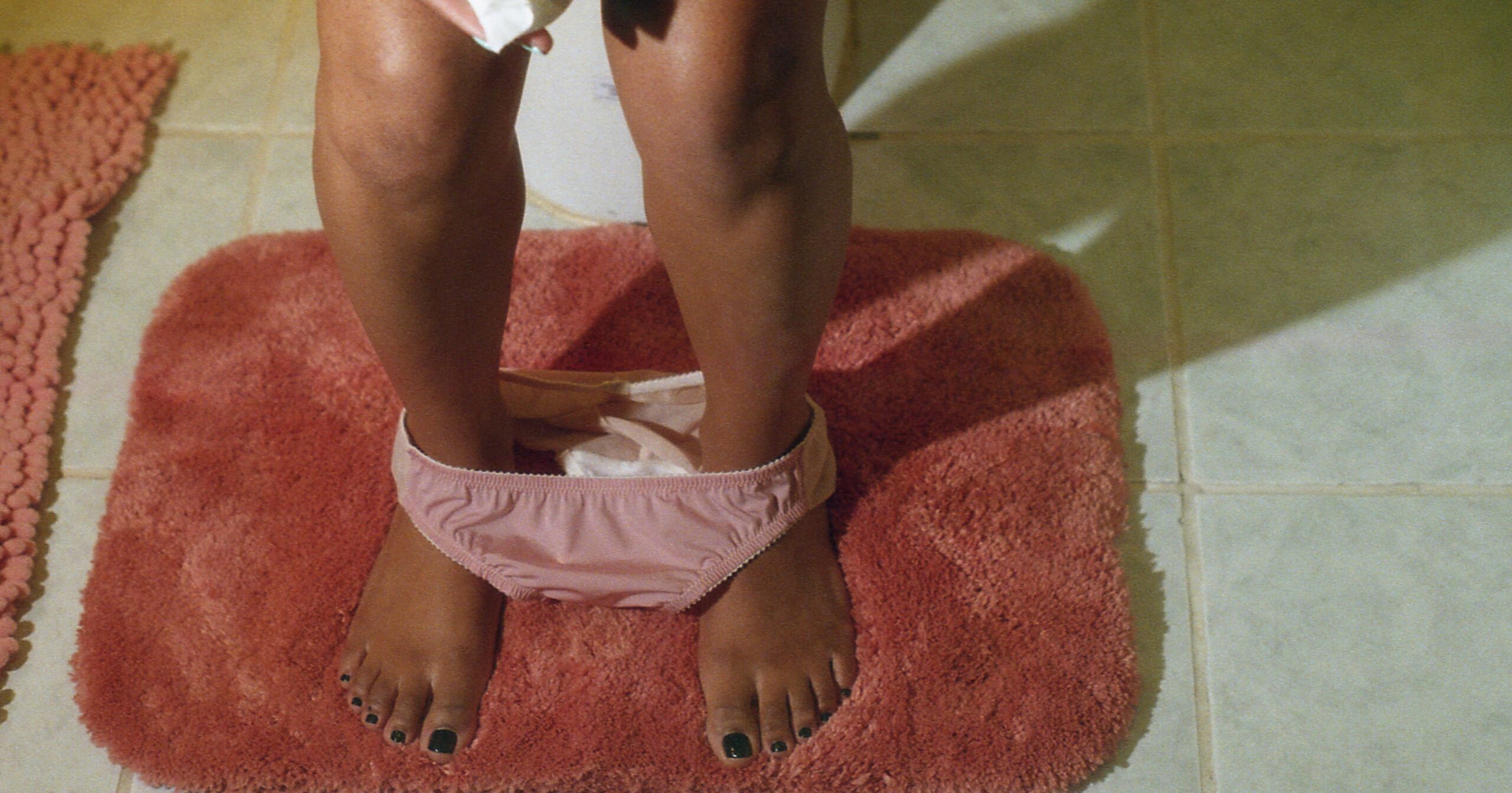Discharge is a natural part of having a vagina. But typical vaginal discharge is a clear to white color and doesn’t have a noticeable smell. That’s why it can be so jarring when you suddenly notice you’re dealing with pink discharge.
Before you panic, know this: Ob-gyns say that there can be perfectly normal reasons why you’d experience pink discharge, including hormonal changes. It can even be a sign that you may be newly pregnant. But pink discharge can also signal that something is off with your vaginal health, making it important not to brush this symptom off.
So, what can be behind your pink discharge and what should you do about it? Ob-gyns break it down.
Experts Featured in This Article
Meleen Chuang, MD, is a clinical associate professor in the Department of Obstetrics and Gynecology at Family Health Centers at NYU Langone.
Christine Greves, MD, is an ob-gyn at Orlando Health Women’s Institute Center for Obstetrics & Gynecology and obstetrical and gynecological surgeon at Winnie Palmer Hospital for Women & Babies.
Pink Discharge Causes
There are several potential factors that could be behind your pink discharge, ranging from causes that are no big deal to things that will likely need treatment. Doctors say these are the most common culprits of pink discharge
You’re dealing with hormonal changes.
Fluctuations in your hormone levels, like after you’ve ovulated and before you get your period, can cause pink discharge, says Meleen Chuang, MD, clinical associate professor in the Department of Obstetrics and Gynecology at Family Health Centers at NYU Langone. After you ovulate, your estrogen levels decrease if you haven’t conceived-and that may cause light spotting, she explains. If your regular discharge mixes with the spotting, it can cause a pinkish appearance.
You just had your period.
You know that feeling you have when you’ve had your period for a week and you decide it’s done and skip the period product, even though you’re still dealing with some very light, sporadic bleeding? That’s a time period when you may notice some pink discharge. While that end-of-period discharge can be brown, there’s also a chance it can be tinged pink, says Dr. Chuang. “Pink discharge after a period could be due to the shedding of the remaining endometrial tissue or old blood mixed with vaginal discharge,” she explains.
You’re newly pregnant.
A phenomenon known as implantation bleeding can happen early in a pregnancy. “This can occur when a fertilized egg attaches to the lining of the uterus,” Dr. Chuang says. However, Chuang stresses that pink discharge alone is not a sure sign of pregnancy. And not everyone who gets pregnant experiences implantation bleeding, so if you’re trying to conceive and don’t spot this symptom, it’s no cause for concern.
You may have a vaginal infection.
Sometimes vaginal infections like yeast infections and bacterial vaginosis will cause a pink discharge, Dr. Chuang says. “If the vaginal mucosa is irritated, you may have light bleeding with it, which can cause pink discharge,” says Christine Greves, MD, ob-gyn at Orlando Health Women’s Institute Center for Obstetrics & Gynecology and obstetrical and gynecological surgeon at Winnie Palmer Hospital for Women & Babies. With both of these infections, you’ll usually have itching along with it and, if you have bacterial vaginosis, you may have a fishy odor down there, Dr. Chuang says.
Your cervix was recently irritated.
Your cervix is the low, narrow end of your uterus that connects the uterus to the vagina. If it gets irritated – from sex, a cervical exam, or some other factor – you may experience light bleeding, leading to pink discharge, Dr. Chuang says. You may or may not experience pain with this type of bleeding.
You recently had a baby.
After having a baby, you’ll usually experience bleeding and discharge for several weeks (even if you had a C section). “This is called lochia,” Dr. Greves says. That bleeding will usually start out bright red and become lighter and more pink within a few days, according to the American College of Obstetricians and Gynecologists (ACOG).
How to Treat Pink Discharge
You may not need treatment for pink discharge – it really depends on what’s behind it, Dr. Chuang says. “If it’s from hormonal changes like ovulation, no treatment may be necessary,” she says. “Other causes such as infection may be a problem.”
Ultimately, Dr. Greves says the other symptoms you may or may not be experiencing, along with timing (like if this happens after your period or in the middle of your cycle) can give you clues about whether you need to treat your pink discharge.
When to See a Doctor For Pink Discharge
The most important factor in deciding to see a doctor about your pink discharge is whether this is a change for you. “If you tend to have a pink discharge right after your period, that may be your normal,” Dr. Greves says.
But if the discharge is coming at an unusual time for you, you’ve never had it before, it’s coming along with symptoms that are out of the ordinary for you, and it’s persisting, Dr. Greves says it’s time to see your doctor for an evaluation. Chuang also recommends seeing a doctor if your discharge comes along with an unusual odor or consistency, or is accompanied by itching, burning, or pain
“If that’s the case, just go get it checked out,” Dr. Greves says. “It may be no big deal, but it’s important to be evaluated.”
Korin Miller is a writer specializing in general wellness, health, and lifestyle trends. Her work has appeared in Women’s Health, Self, Health, Forbes, and more.




